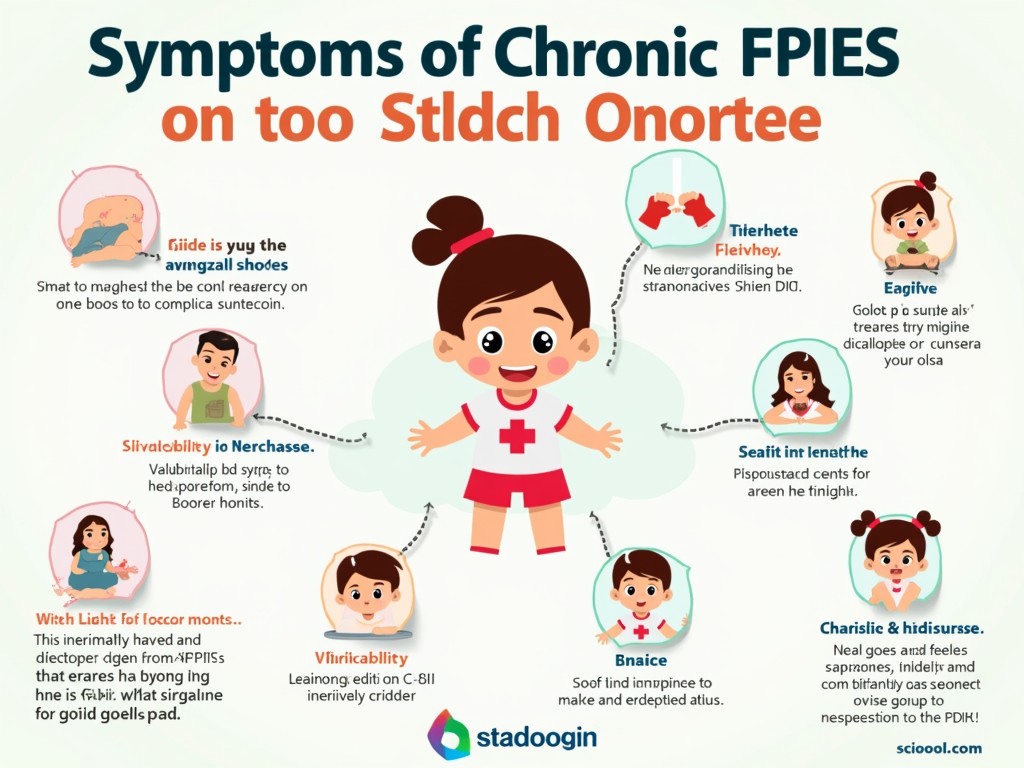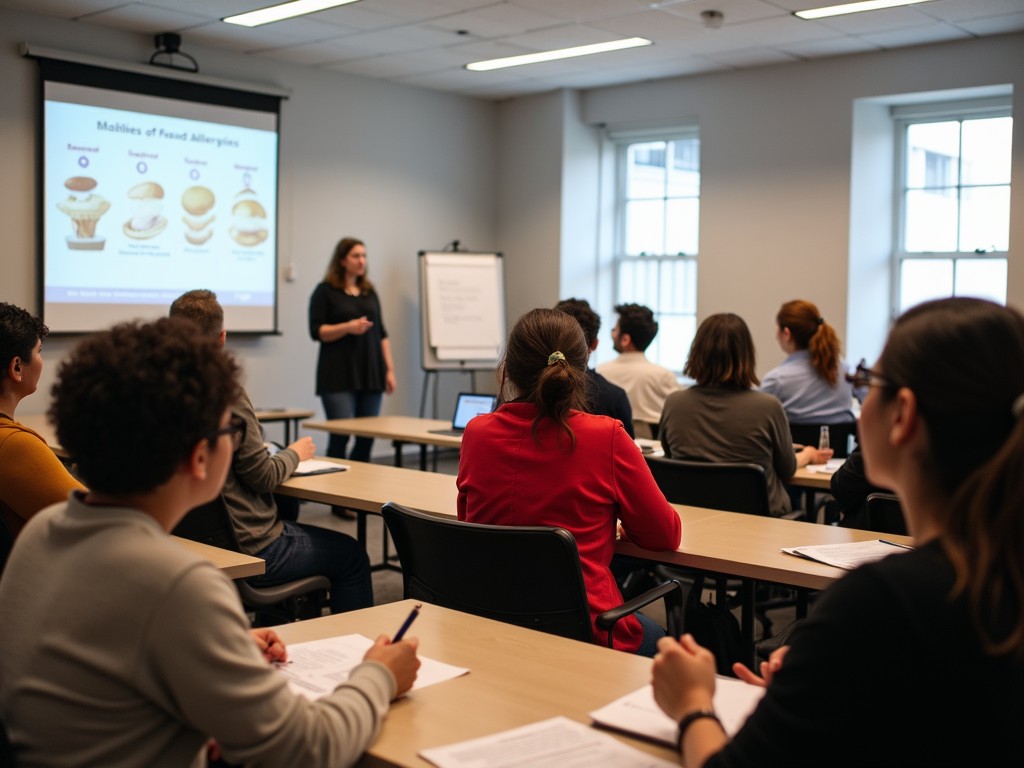Managing Chronic Food Allergies in Children: A Comprehensive Guide
Living with chronic food allergies is not just a dietary challenge—it's a lifestyle. For parents managing this for their children, the journey is filled with learning and vigilance. This guide dives into managing chronic food allergies in children with a focus on personal stories, practical steps, and valuable insights.

Understanding Chronic Food Allergies in Children
Chronic food allergies are persistent and can significantly impact a child's daily life and overall health. With conditions like Chronic Food Protein-Induced Enterocolitis Syndrome (Chronic FPIES), understanding symptoms and managing diets is crucial.
Chronic FPIES is a non-IgE-mediated food allergy that affects the gastrointestinal tract. Unlike typical allergies, FPIES doesn't show immediate symptoms like skin reactions. Instead, children may experience vomiting, diarrhea, and dehydration hours after consuming the trigger food.
Key Symptoms to Watch For:
- Delayed vomiting
- Diarrhea
- Lethargy
It's essential for parents to recognize these signs early.

Real Stories: Navigating Life with Chronic Food Allergies
Sharing stories from other parents can offer comfort and new strategies. Take, for instance, Mary's journey with her son, Lucas. Diagnosed with FPIES at six months old, Lucas reacted severely whenever he consumed dairy or soy.
"What helped us most was community support—connecting with other parents facing similar challenges," Mary recalls. Online forums and local support groups were instrumental for her family in managing Chronic FPIES effectively.
Practical Tips for Managing Food Allergies
- Educate Yourself and Others: Understanding the condition thoroughly will empower you to make informed decisions.
- Attend workshops or webinars
-
Subscribe to food allergy newsletters
-
Create a Safe Eating Environment: Eliminate cross-contamination.
- Use dedicated kitchenware
-
Label food storage clearly
-
Develop an Emergency Plan: Always have a response ready for accidental exposure.
- Keep medications handy
- Educate caregivers and teachers

- Diet and Nutrition: Work closely with a dietitian to ensure your child receives balanced nutrition despite dietary restrictions.
- Explore allergen-free recipes
-
Consider supplementary vitamins
-
Frequent Communication with Healthcare Providers: Regular check-ups can prevent complications and refine dietary plans.
Psychological Impact and Coping Strategies
Dealing with chronic food allergies often feels isolating for both the child and the family. Here, emotional resilience plays a crucial role.
- Psychological Support: Therapy can be beneficial for children to express frustrations and cope with anxiety.
- Peer Connections: Encourage your child to engage with others who have similar conditions. Camps for children with food allergies create a supportive environment.

The Role of Schools and Communities
While parents lay the groundwork, schools and community groups are invaluable partners.
- School Collaboration: Meet with school officials to discuss your child's allergy action plan, incorporating an Individualized Education Plan (IEP) if necessary.
- Community Education: Host local meetings to raise awareness about food allergies, which can help in managing public events safely.

Final Thoughts
Managing chronic food allergies in children is an evolving journey that requires persistence, adaptability, and support. By learning continuously and collaborating closely with healthcare providers, family, and community, parents can navigate this challenging landscape more easily.
Discuss Here